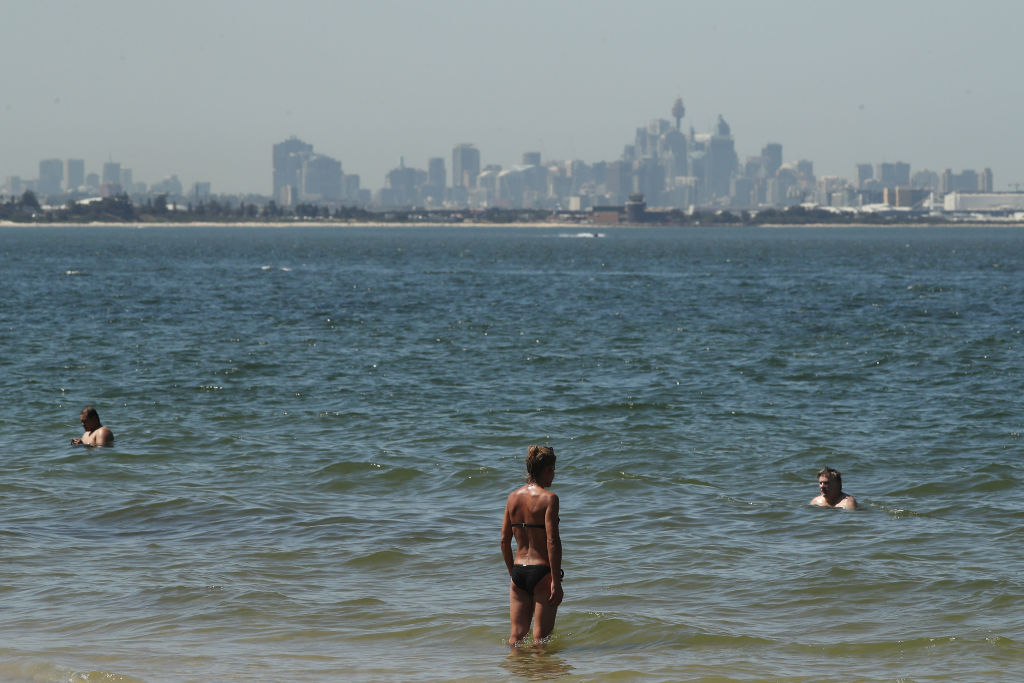
Other parts of Australia are also on track for unprecedented extreme heat.
And increased water temperature in the Coral Sea are expected to keep cooking the Great Barrier Reef, the Australian National University-led study warns.
Lead researcher Sophie Lewis says that even if the world limits warming to the 2-degree target set under the Paris climate change pact, Australia's biggest cities could still see heatwaves pushing the mercury to 50 degrees.
It will naturally be worse if that target isn't reached.
"Our current emissions trajectories for carbon dioxide and other greenhouse gasses in fact exceeds what can be expected for 2 degrees," Dr Lewis told ABC television.
"We're currently tracking for more like 3 degrees, in which case extremes in Melbourne and Sydney and across Australia would be far more severe."
Researchers used extreme temperature records compiled by the Bureau of Meteorology, and then looked at how they might change under the Paris pact targets.
Those targets include an aspirational goal of limiting warming to 1.5 degrees - something many scientists now consider improbable if not impossible - and a more achievable target of below 2 degrees.
Dr Lewis says those targets might not seem far apart, but the difference they'll make to Australia's livability will be vast.
"At the moment the record temperatures in Melbourne and Sydney are much less than 50 degrees - more around 45, 46, 47 - and they're already a great challenge to people living in those big cities.
"If we're already challenged by 46 degrees we have to be thinking about how we can be prepared for 50, which will mean greater challenges in terms of emergency services, hospital admissions, human health and infrastructure."
The outlook for the Great Barrier Reef remains grim, after warming-driven coral bleaching events this year and last year.
Dr Lewis says temperature extremes in the Coral Sea are likely to be above anything seen to date.
"And if we're already having significant effects on the health and bleaching of the Great Barrier Reef with current extremes, then these future extremes of the coming decades are really going to be a threat to the Great Barrier Reef."
The research, supported by the Centre of Excellence for Climate System Science, has been published in Geophysical Research Letters.












